Portrait of Castro Alves
Antônio de Castro Alves (1847–1871) was a Brazilian poet and one of the most significant figures in Brazilian literature, especially in the context of the Romantic movement. Known as the "Poet of the Slaves" for his works advocating for the abolition of slavery, he became an iconic figure in Brazil's struggle for social justice and the emancipation of enslaved people.
Born in the city of Curralinho (now Castro Alves, Bahia, Brazil), he came from an aristocratic family. Despite his privileged background, Castro Alves was deeply moved by the suffering of enslaved Africans in Brazil and used his poetry to challenge the institution of slavery. His works, often emotional and dramatic, include vivid portrayals of the struggles and suffering of enslaved individuals, as well as calls for freedom and human rights.
One of his most famous works is the "O Navio Negreiro" (The Slave Ship), a poem that powerfully depicts the horrors of the transatlantic slave trade and the plight of enslaved Africans being transported to Brazil. In the poem, he condemns the brutality of slavery and expresses a deep empathy for the victims. Castro Alves's poetry played an important role in raising public awareness about the cruelty of slavery, helping to inspire the abolitionist movement in Brazil.
In addition to his abolitionist works, Castro Alves was also an active participant in the literary and cultural circles of his time. He was involved with other prominent Brazilian writers and intellectuals, such as Machado de Assis and José de Alencar, and was influenced by European Romanticism, particularly the works of Lord Byron and Victor Hugo.
Unfortunately, Castro Alves’s life was cut short when he died of tuberculosis at the age of 24. Despite his brief life, his impact on Brazilian literature and his contributions to the fight for abolition have made him a national hero and a symbol of social justice in Brazil.
Comments
Contributed by

OldPik
January 7, 2024
Source
External link to sourceHave old photos?
Share your historical photographs and help preserve our collective memory.
Upload pictures

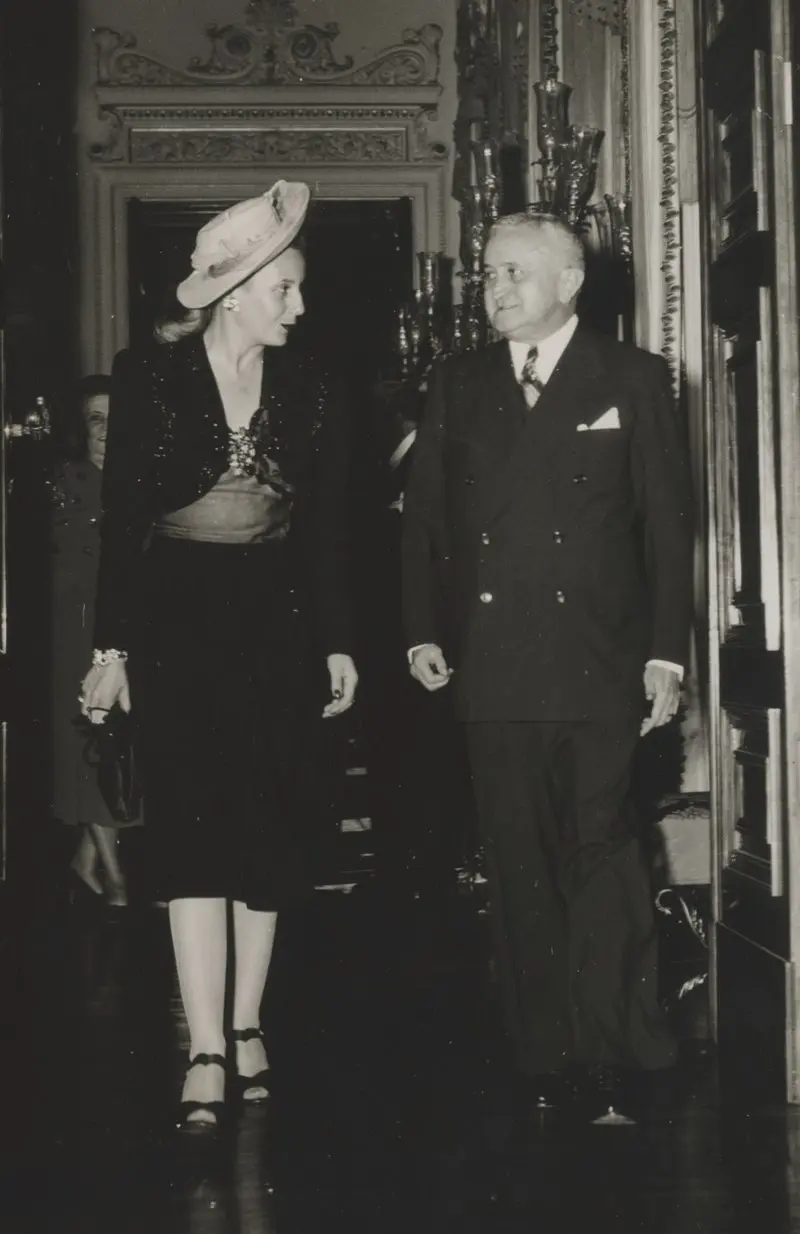
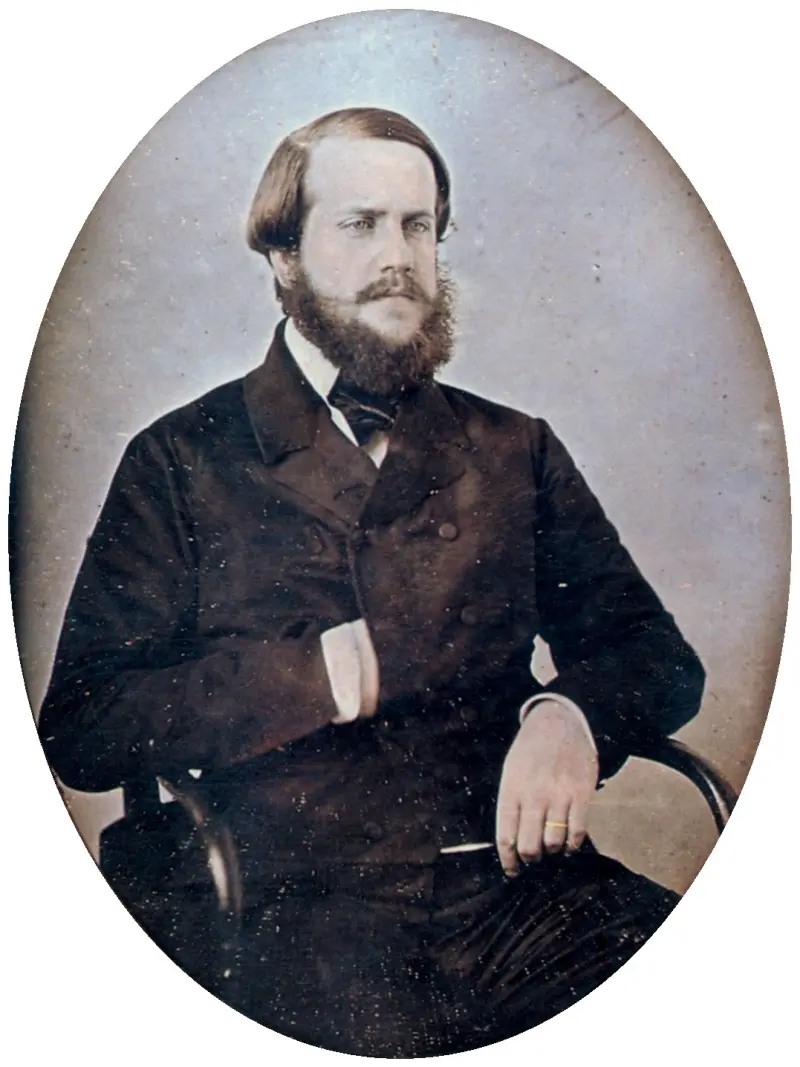
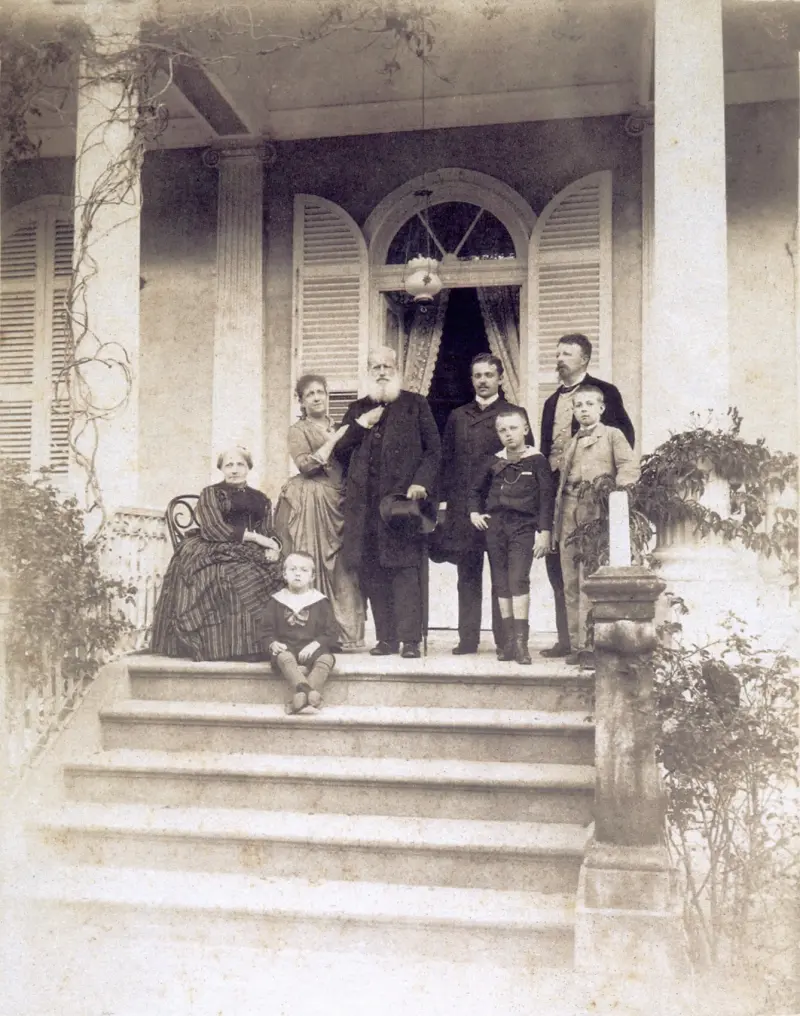
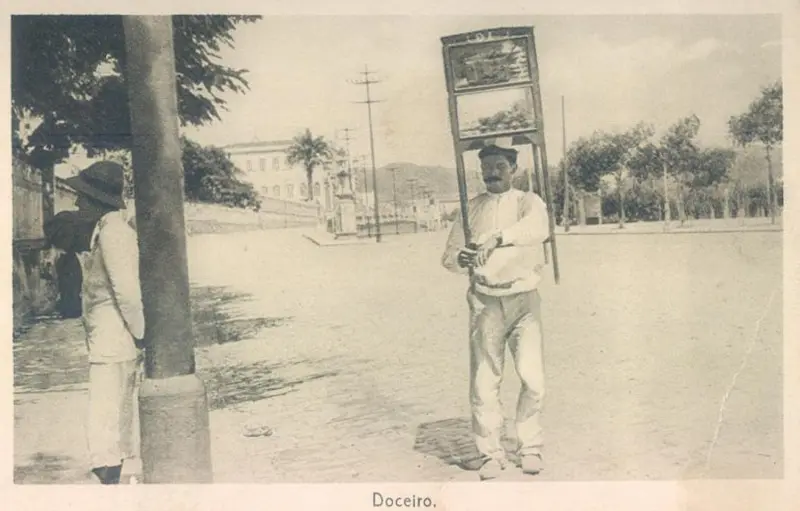
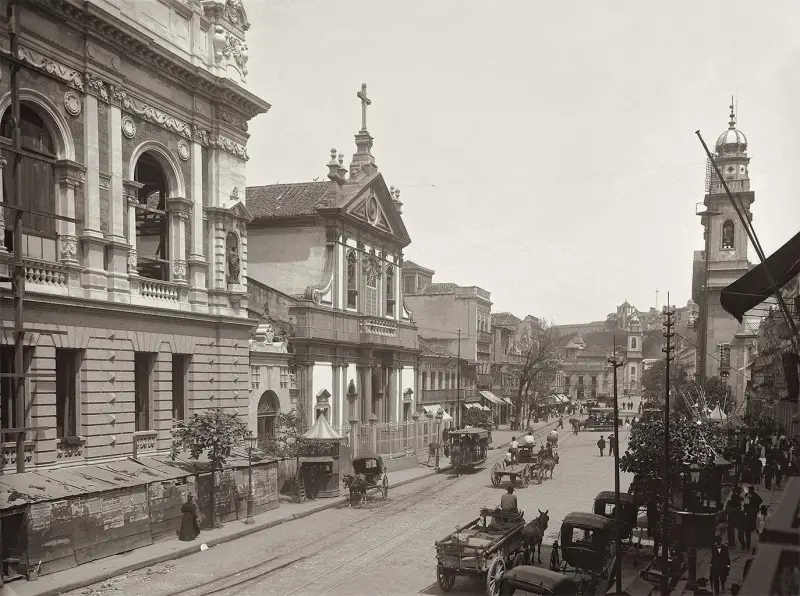
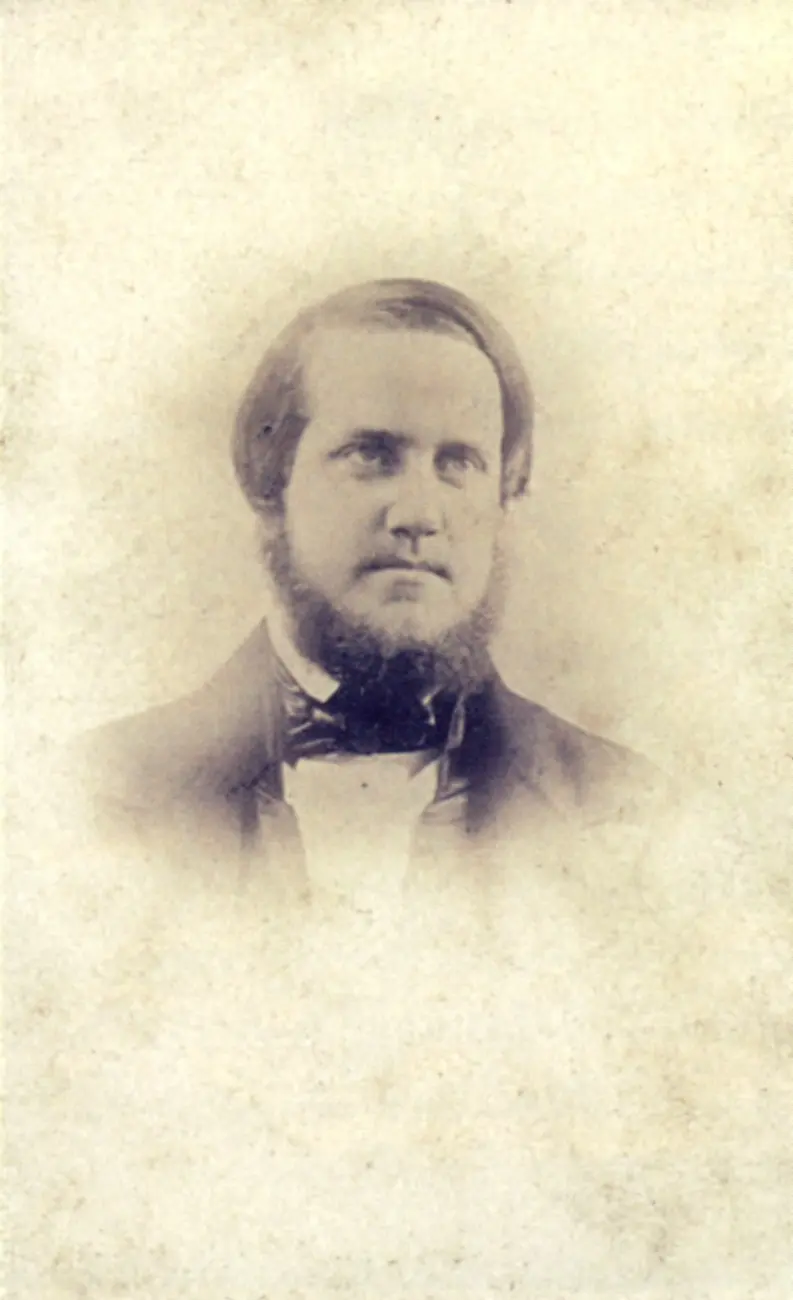
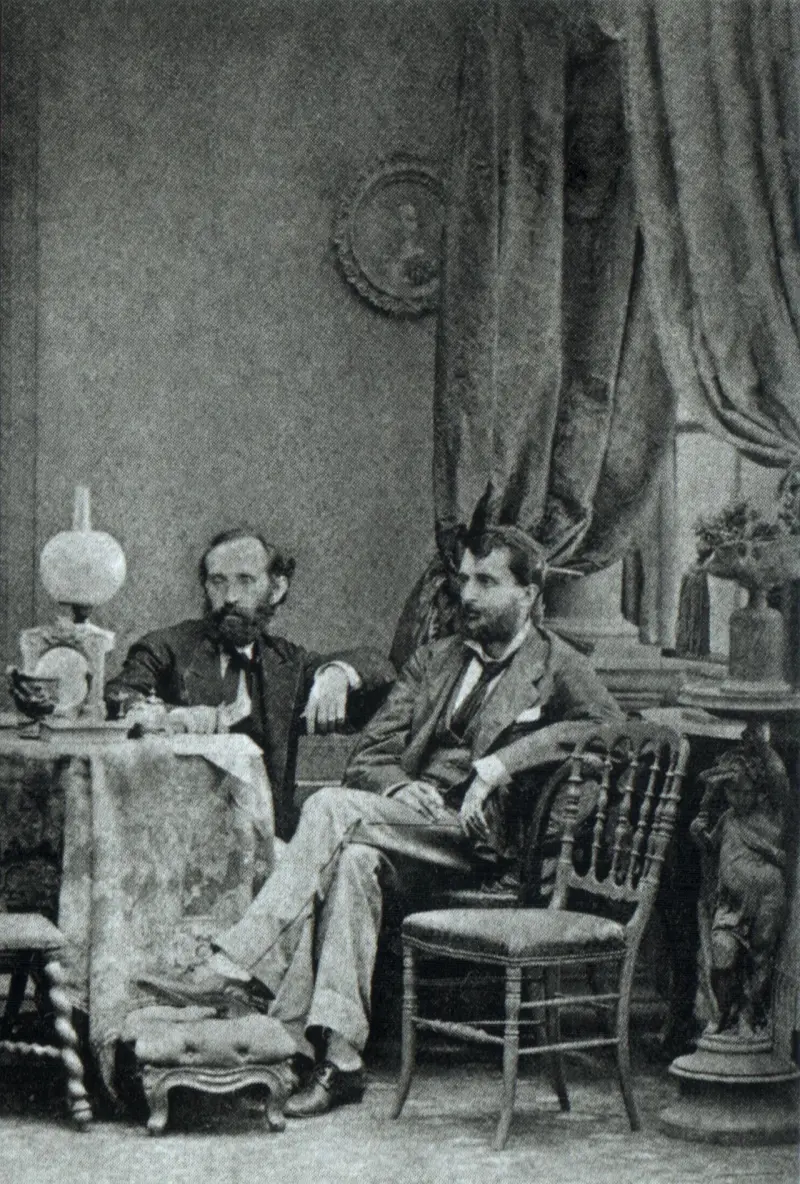
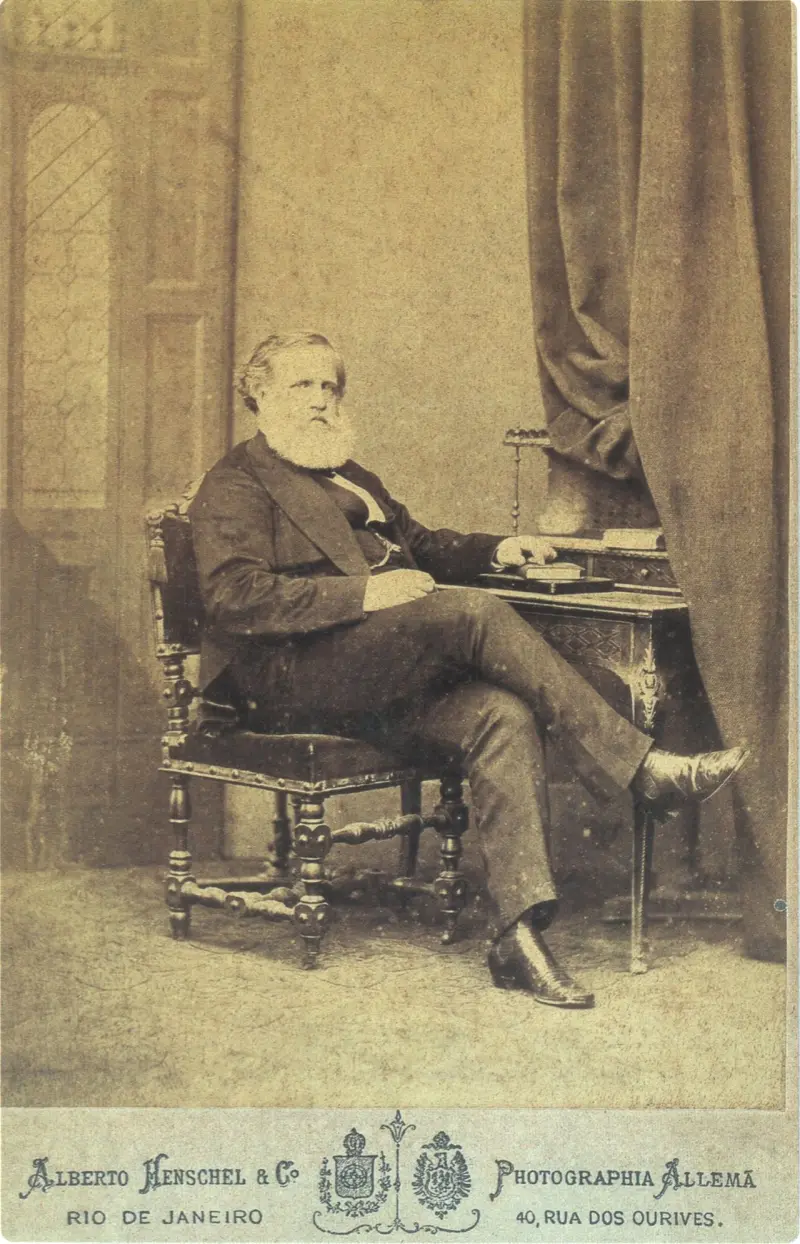
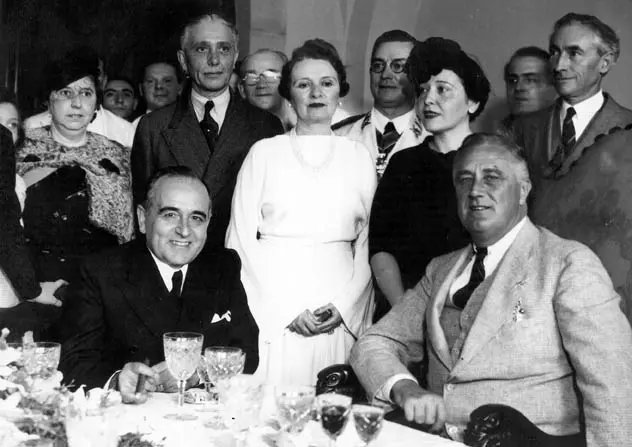
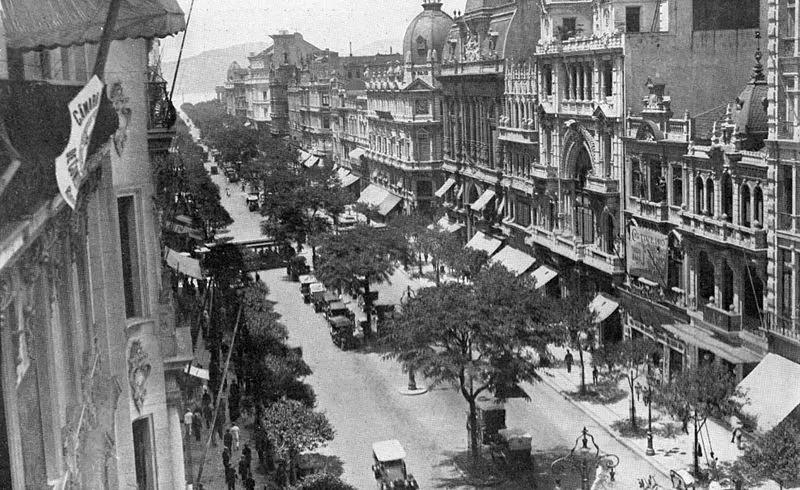
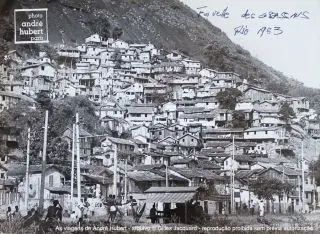
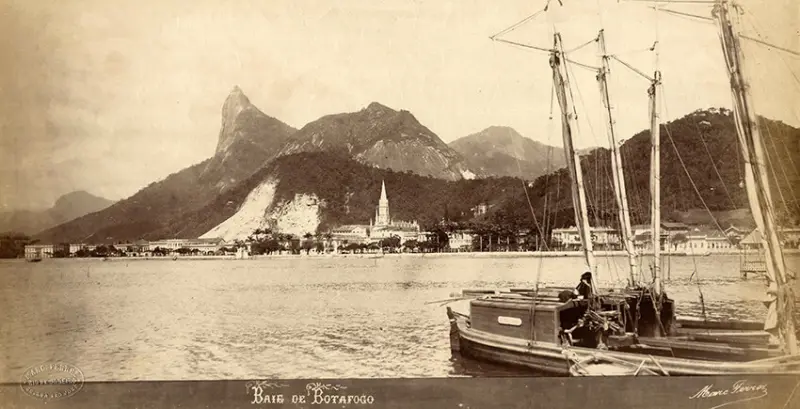
No comment yet, be the first to comment...